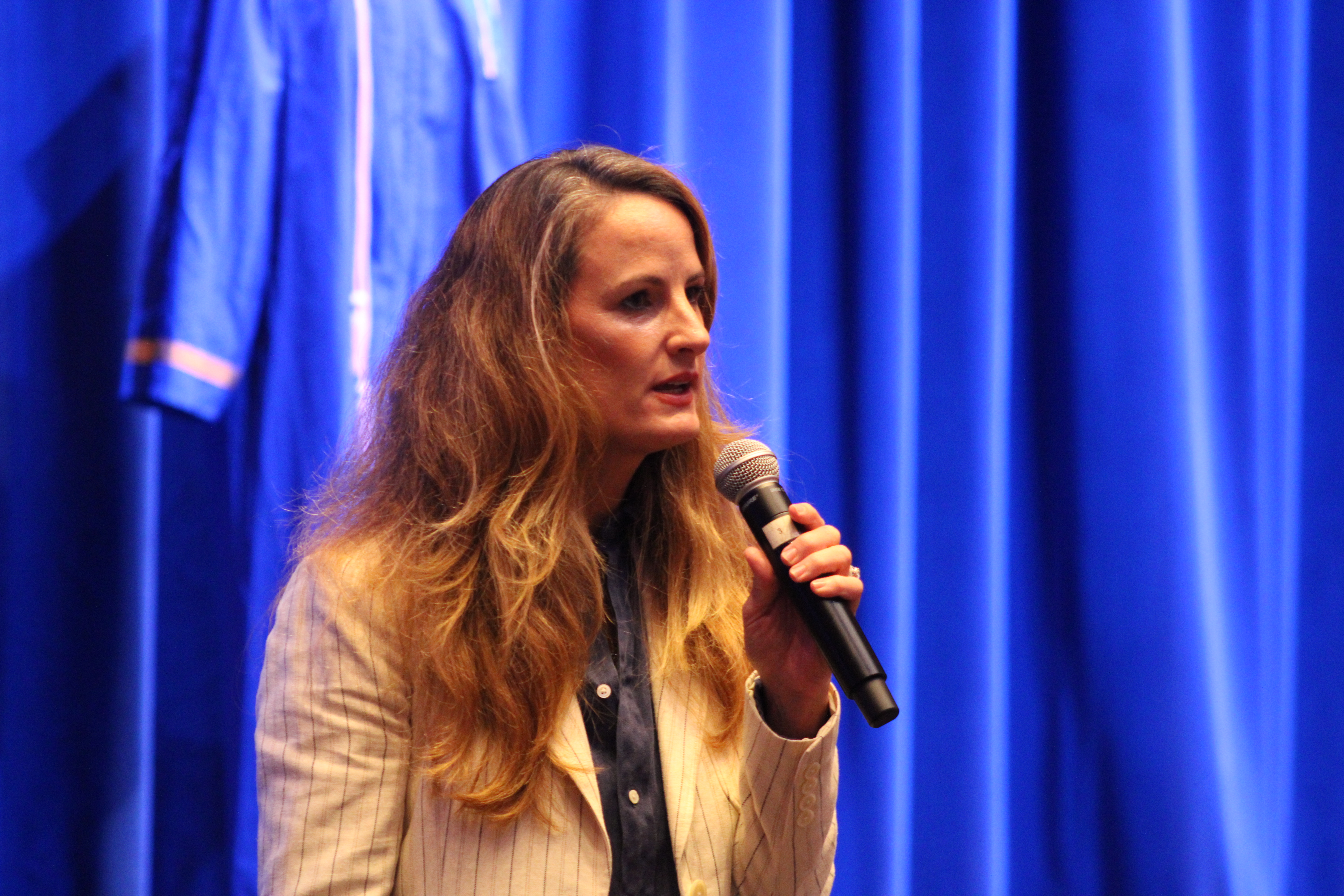A win for the private sector in West Texas
Published 11:24 pm Saturday, July 4, 2015
Not every problem has a governmental solution. This principle is being played out in the oilfields of West Texas, where petroleum companies are dimming their lights to help out the famed McDonald Observatory, as it searches the night sky.
And not because they have to.
Trending
“Just how dark are the night skies at the McDonald Observatory, the West Texas destination for world-renowned astronomers?” asks the Texas Tribune. “Dark enough to occasionally disorient experts who aren’t used to seeing so many constellations at first glance. … Touting some of the darkest skies in North America and one of the world’s largest telescopes — the Hobby-Eberly — this secluded outpost draws about 75,000 amateur stargazers each year, along with professionals who have made major discoveries, including, in 2012, the most massive black hole ever detected.”
But the oil boom brightening the West Texas economy is having the same effect on the night skies.
“Look northeast from this perch atop Mount Locke, and a band of scattered light from the Permian Basin drowns out the stars,” the Tribune explains. “It has grown brighter in recent years as more companies — using lighted drilling rigs, light towers and other equipment — tap some of the nation’s most productive oilfields and flare off the gas they can’t market.”
Here’s where it gets interesting. Many municipalities — and some states — try to regulate “light pollution.” Mostly, it’s hard to define and even harder to enforce.
But what if there was another approach? What if government agencies sought not to dictate terms to, but instead to work out solutions with the private sector?
That’s happening.
Trending
“Astronomers are now counting new allies in protecting the night skies: the petroleum folks themselves,” the Tribune explains. “Companies and industry groups are partnering with the observatory to educate operators, drillers and other service providers on how to reduce their glow relatively cheaply — and potentially save money in the long run.”
The appropriately named Pioneer Energy Services is leading the way. CEO Stacy Locke loves the night sky.
“When I go to West Texas, it’s just something I cherish and appreciate there,” he says.
What’s more, he wants to preserve the work of the observatory.
“It’s a gem, and we cannot put it in jeopardy,” he said. “I mean, absolutely can’t be done. It’s too important to the world.”
Locke appealed to the industry, and the industry has responded. Ben Shepperd, the president of the Permian Basin Petroleum Association, recently sent a letter to nearly 500 members of his organization. The letter encouraged them to “adopt simple lighting changes at their locations to reduce ambient light and increase safety of their employees.”
Much of the light comes from burning off unmarketable gas; it’s not yet possible to eliminate that completely, the Tribune notes, because there aren’t yet enough pipelines to reroute the gas.
But companies are working on it. And they’re doing so voluntarily.
The cooperative spirit this process has engendered will benefit both the observatory and the petroleum companies.
The best thing about it is that government didn’t get involved at all.







